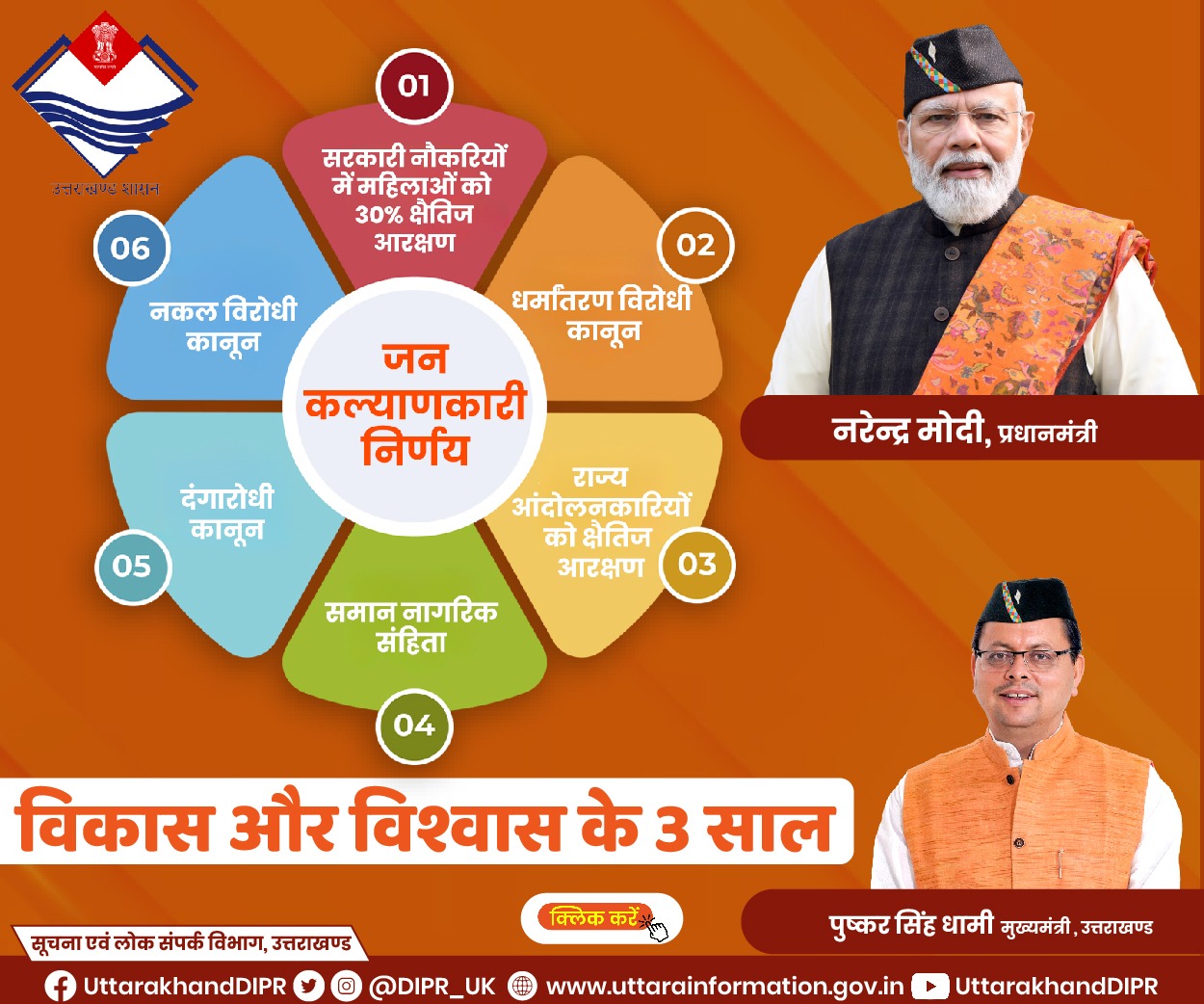The Union Health Ministry has taken substantial steps to increase transparency within the pharmaceutical industry by ordering state drug controllers to prepare thorough profiles of pharmaceutical companies operating within their respective jurisdictions. This calculated action attempts to clarify the types of drug formulations that are currently being produced, imported, and exported.
Pharmaceutical Industry Profiling
There are about 10,500 companies in India producing a wide range of dosage forms and active pharmaceutical ingredients (APIs). Gaining a thorough grasp of the pharmaceutical landscape is the main goal of this extensive data collection endeavor. In turn, this offers the central government useful information about the dynamics and operations of the sector.
State Drug Control Officials Take Control
State drug controllers have been given explicit instructions to quickly collect data from manufacturing facilities operating inside their territories around the country. The government is able to closely monitor how these pharmaceutical companies are operating thanks to their proactive stance. According to a state drug controller closely involved in the subject, the Ministry of Health issued these guidelines in cooperation with the Drugs Controller General of India (DCGI).
Pharma Companies Asked for Detailed Information
Pharmaceutical firms are required to give a thorough explanation of their operations. Information about their production facilities, the number of locations under their jurisdiction, their yearly turnover measured in units, and the variety of medicine formulations they produce, export, and import are all included in this. These revelations will considerably strengthen transparency in the pharmaceutical industry.
Support for Industry and Compliance
The Indian Drugs Manufacturing Association (IDMA) has asked the businesses in its membership to quickly abide by the government’s orders. This cooperative effort demonstrates the industry’s commitment to backing government programs meant to ensure accountability and openness.
Promoting Local API Production
In keeping with its dedication to encouraging domestic API manufacturing, the Department of Pharmaceuticals has started a thorough investigation to pinpoint issues and gaps in the industry. Additionally, API import and export data will be shared with pharmaceutical companies and industry organisations. This information will provide light on the economic and technological difficulties that the domestic pharmaceutical industry is now facing, helping India to better prepare for the global pharmaceutical market.
Taking Care of Quality Issues
This proactive approach comes in response to several instances where cough syrups made in India failed quality inspections abroad. These sad occurrences threw doubt on the efficacy and safety of these medications and damaged India’s status as the “pharmacy of the world.” In response, the central government is strictly enforcing export laws and putting a stop to the fabrication of fake medications.
India’s Capabilities in Pharma
The pharmaceutical industry in India is the third-largest in the world by volume, with a market value of about $50 billion. It has the distinction of meeting more than half of the world’s demand for vaccines and serving as the top generic medication provider globally. Additionally, India provides 25% of all medications in the United Kingdom and meets around 40% of the demand for generic drugs in the United States. The substantial global presence of this industry highlights the need of guaranteeing transparency and adherence to quality standards.



